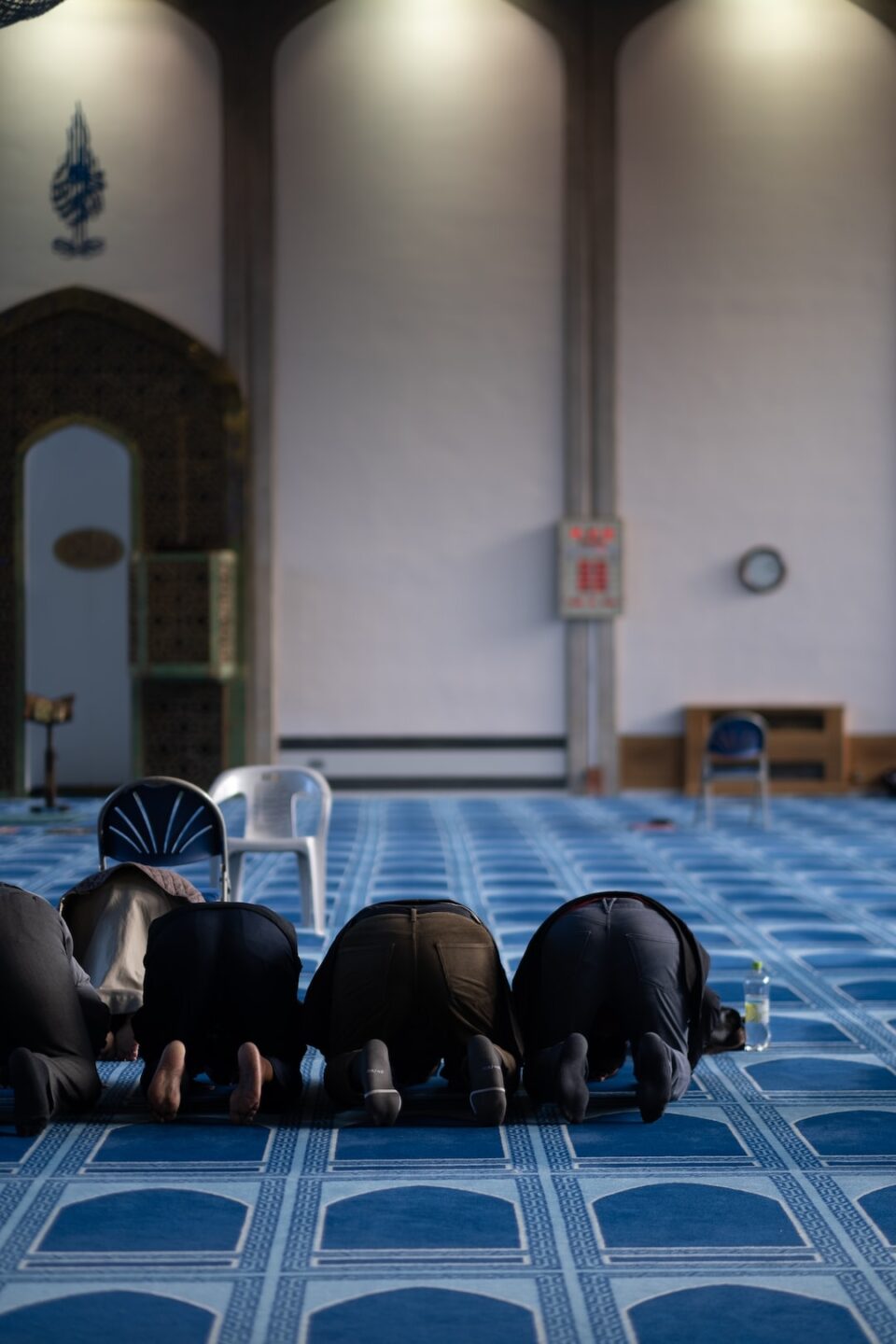Analyzing the Role of Religion in Promoting Social Justice and Human Rights
Religion has been a powerful force throughout history, shaping societies and guiding individuals’ moral beliefs and behaviors. It has played a crucial role in promoting social justice and human rights, as well as occasionally being used to justify intolerance and discrimination. In this blog post, we will delve into this complex relationship and analyze the various ways religion can be both a tool for advancing social justice and a potential hindrance to it.
Many religious traditions actively advocate for social justice and human rights. Christianity, for instance, places a strong emphasis on the principle of love for one’s neighbor and the equality of all individuals in the eyes of God. The teachings of Jesus Christ highlight the importance of compassion, mercy, and justice. This has led Christian communities and organizations to champion causes such as poverty alleviation, racial equality, and the protection of human dignity.
Similarly, other world religions possess core values that promote social justice. Islam, for instance, emphasizes the importance of charity (Zakat) and community solidarity. The Quran explicitly calls for the pursuit of justice, advocating for the fair treatment of marginalized groups such as orphans, widows, and the poor. Buddhist teachings, on the other hand, stress the importance of compassion, non-violence, and equality, which have prompted followers to engage in efforts to combat social injustice and promote peace.
Religious institutions, such as churches, mosques, temples, and synagogues, often play a pivotal role in advocating for social justice. They provide a platform for fostering dialogue, raising awareness, and mobilizing their communities to take action. Religious leaders, with their moral authority and influence, can use their platforms to address issues such as poverty, discrimination, and human rights abuses, thereby encouraging their followers to actively engage in promoting positive change.
Furthermore, faith-based organizations have been at the forefront of many social justice movements. The Civil Rights Movement in the United States, led by reverends and pastors like Martin Luther King Jr., was deeply rooted in Christian principles of equality, justice, and love. Their religious conviction fueled their activism, inspiring millions to fight for racial equality and justice.
However, it is essential to acknowledge that religion can also be used to justify and perpetuate social injustices. History is replete with examples of religiously motivated discrimination, violence, and oppression. The Crusades, for instance, were justified through the lens of religious superiority, resulting in untold sufferings and deaths. Similarly, the caste system in Hinduism and the institutionalized oppression of women in various religious contexts are examples of how religious interpretations can lead to unjust social structures.
Moreover, religious texts, when interpreted literally or selectively, can be used to justify prejudice and discrimination. Misinterpretations of religious texts have been used to oppress and marginalize LGBTQ+ individuals, women, and religious minorities. These examples underscore the importance of critical thinking and progressive interpretations within religious traditions to prevent the misuse of religion for discriminatory purposes.
To overcome these challenges, it is essential to foster interfaith dialogue and collaboration. By promoting understanding and respect among different religious communities, we can build bridges of empathy and stand together against social injustices. Interfaith organizations, such as the Parliament of the World’s Religions, facilitate conversations and partnerships between different religious groups, enabling them to address shared challenges.
In conclusion, religion has both the potential to be a driving force for social justice and a tool for perpetuating discrimination. It is crucial to recognize and support the positive contributions of religion in promoting social justice and human rights while also acknowledging and working to overcome the pitfalls and challenges it sometimes presents. By seeking common ground, fostering dialogue, and promoting a progressive and inclusive interpretation of religious teachings, we can harness the power of religion to create a more just and equitable society for all.

